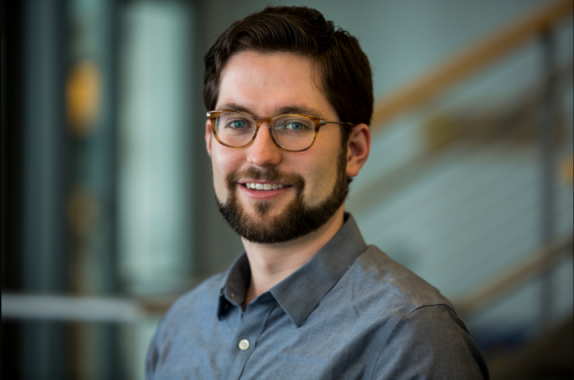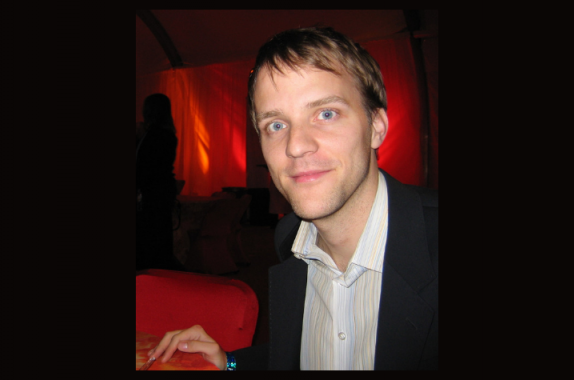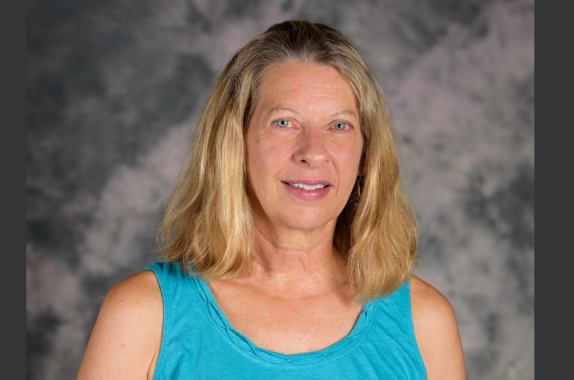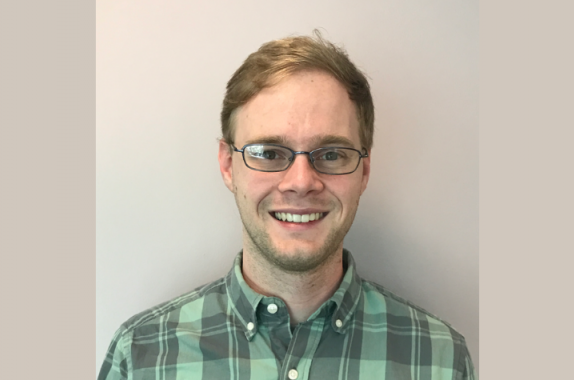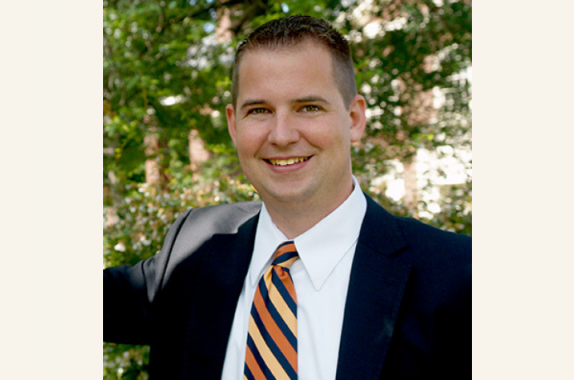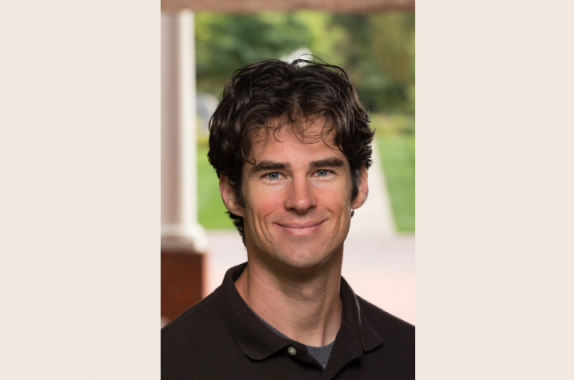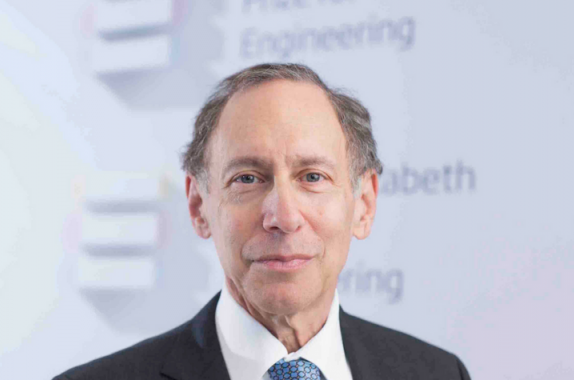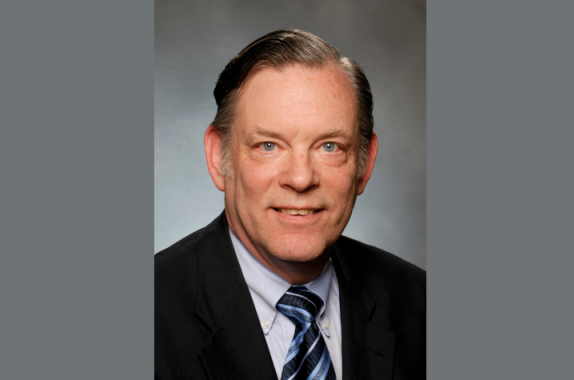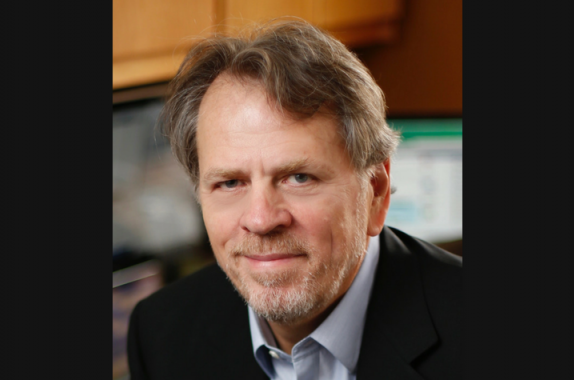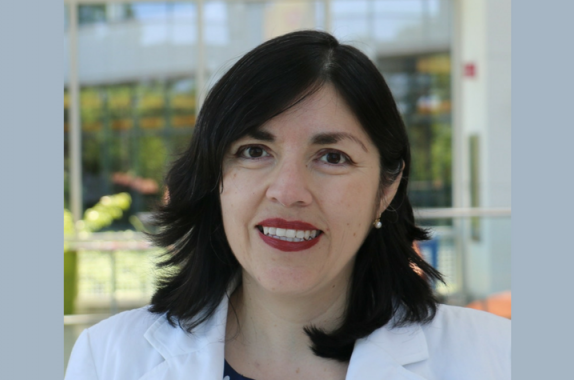Dr. Phillip R. Westmoreland
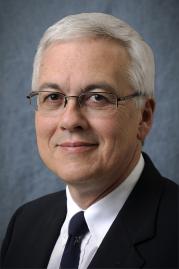
Phil Westmoreland is a professor at North CarolinaState University in the Department of Chemical and Biomolecular Engineering. His research focuses on reaction kinetics and engineering, obtained from experiments, computational chemistry and reactor modeling. His Chemical Engineering degrees are fromN.C. State (BS73), LSU (MS74) and MIT (PhD86). From 1986-2009, Phil was at the University of Massachusetts Amherst and in 2006-2009 he served as a Program Director at NSF.
He was 2013 AIChE President; is a Trustee and past president of the educational nonprofit CACHE Corporation; and was founding Chair of AIChE’s Computational Molecular Science and Engineering Forum. He is a Fellow of AIChE.
His awards include AIChE's Institute Award for Excellence in Industrial Gases Technology, ASEE's Corcoran Award, the NSF Director’s Award for Collaborative Integration and the Lawrence Berkeley National Laboratory's David Shirley Award.



